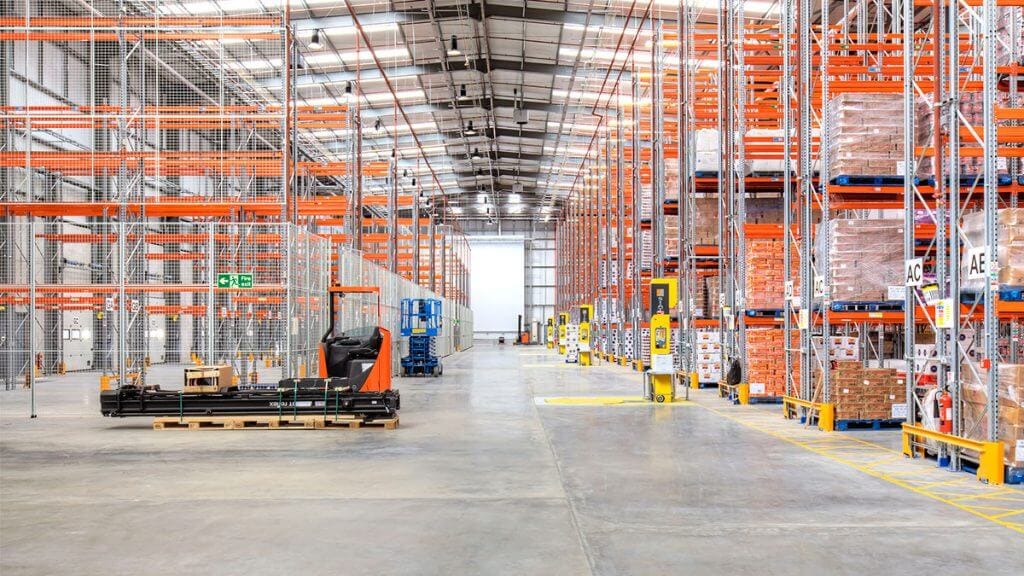Introduction
If you're on a data team, you know how costly it is when a pipeline breaks in production. It disrupts your dashboards, throws off metrics that teams rely on, and forces everyone into reactive mode. When insights go down, decisions get delayed, and your team’s credibility takes a hit. Testing pipelines directly in production is risky. It can drain valuable time and resources every time something goes wrong.
Local data testing is a way out of this cycle. It lets you verify every part of your pipeline — data ingestion, transformations, and reporting — locally, without depending on production data or shared environments. Instead, you use sample data, validate schemas, and mock external sources. This way, you can catch issues early, handle edge cases, and keep data secure.
In this post, we’ll look at why local data testing hasn’t been a reality for most teams until recently, what’s changed, and how it can help data teams deliver high-quality, dependable analytics without the headaches of production failures.
Benefits of Local Data Testing
Reduce compute overhead by isolating testing to local resources, avoiding costly cloud environments for initial validation. Running transformations locally on a controlled subset of data minimizes compute cycles in production and reduces reliance on expensive, high-resource cloud instances for iterative data development.
Dramatically shorten feedback loops with local testing that returns results instantly rather than waiting on cloud queuing or processing times. This lets you iterate on transformation logic faster and more often, significantly accelerating development timelines and reducing idle time between code changes and validation.
Preempt downstream data quality issues by running the same validation checks as in production, but in an isolated, low-risk environment. Identifying schema mismatches, transformation errors, and data type inconsistencies early allows for a cleaner data pipeline and removes the cost and time associated with debugging in a live environment.
What’s changing
Local data testing, long a challenge for engineering teams, is finally becoming more achievable thanks to advancements in tooling and architecture. Historically, the analytics landscape has been oriented around centralized data warehouses and cloud platforms, optimizing for scale rather than the flexibility of local development.
Modern analytics pipelines typically rely heavily on cloud-based data lakes and warehouses. These architectures, while powerful, make it difficult for developers to replicate production-like data environments locally. For many teams, particularly those with limited infrastructure resources, creating a local environment that mirrors production has remained out of reach.
Until recently, tools for locally replicating database states, simulating data flows, and validating schemas were either unusable or unavailable. Effective local testing requires specialized tools for tasks like sample dataset generation, schema validation, and transformation testing. Many of these tools, including dbt-duckdb, have only emerged in recent years. dbt-duckdb lets developers to use DuckDB for in-memory, local execution, allowing for cost-free local transformations, and eliminating the need to involve cloud databases until models are production-ready.
Today’s pipelines involve numerous interconnected stages—multi-step transformations, integrations with external data sources, etc. Reproducing this complexity locally was previously a non-starter due to dependency sprawl and cloud-bound processes. However, containerization and emulated environments now enable engineers to approximate production-like setups locally, making it possible to test complex scenarios without cloud deployment dependencies.
With these advances, the analytics ecosystem is starting to prioritize local testing environments. Open-source tools, containerization, and improvements in AI-driven schema validation are accelerating the trend, helping organizations to develop robust, isolated test frameworks locally.
Learn more?
If you're interested in implementing a local testing setup for your team, reach out to Amrutha (amrutha@structuredlabs.com).





